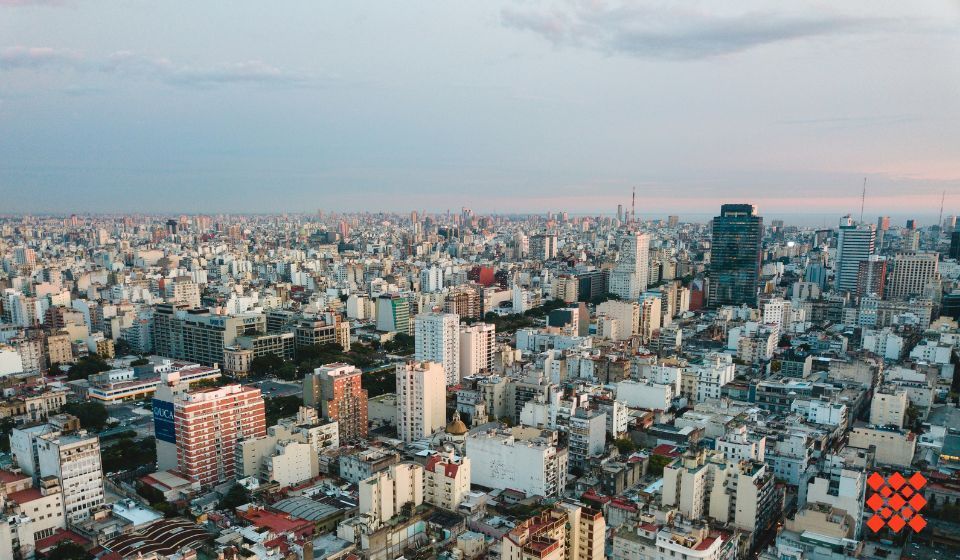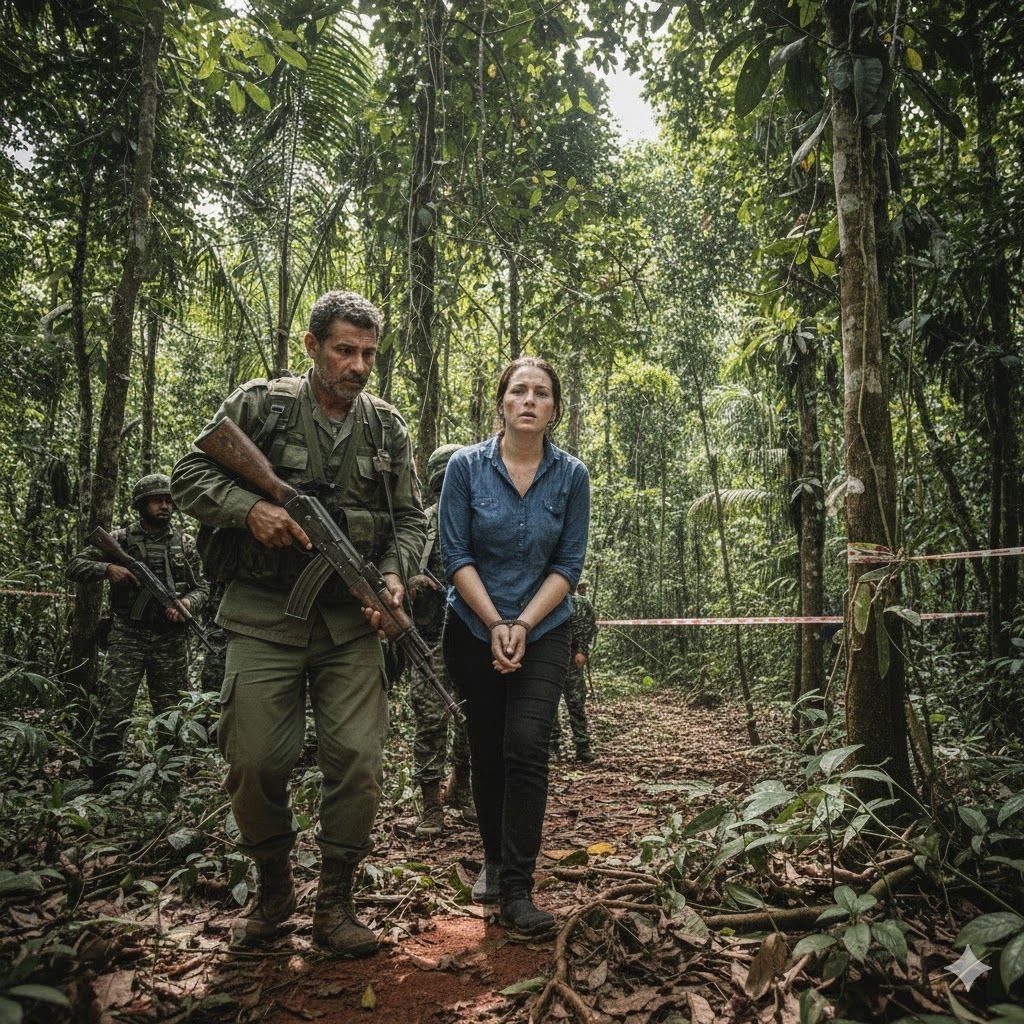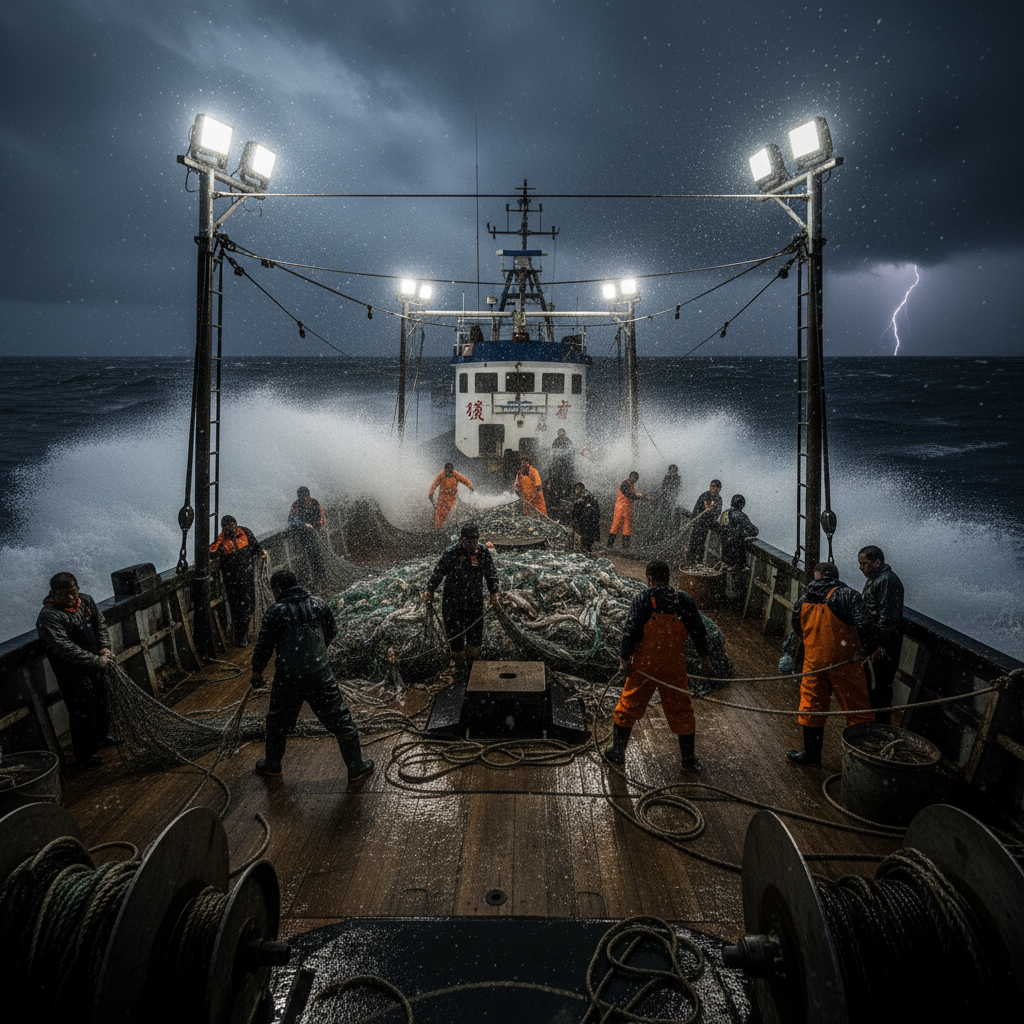After 100 Days: Javier Milei's Closest Associates in Argentina's Government
Javier Milei is one of the most controversial politicians of the moment in Latin America. He is unapologetically decided on his policies and equally blunt in his diplomacy. After 100 days in government, it has become clear that those connected to Milei are as controversial. He and his cabinet have incited a boycott of taxes and overturned anti-nepotism decrees. Milei and other prominent figures maintain close links to human rights violators.
Born in 1970 in Buenos Aires, Milei had a tumultuous childhood and was subject to regular abuse by his parents, which he openly speaks about. As an adult, Milei became an economist by profession, having studied economics at the Universidad de Belgrano and receiving postgraduate degrees in economics and economic theory from the Universidad Torcuato Di Tella and the Instituto de Desarrollo Económico y Social, respectively. He later worked in banks, pension funds, and investment funds, as well as authored at least eleven books about economics.

In the meantime, he accumulated some modest wealth, declaring a net worth of approximately USD119,413 (estimated in April 2024), including real estate, vehicles and cash wealth in December 2022. More specifically, Milei owns real estate in Buenos Aires estimated at ARS6,657,569 (USD7,716.82) and two vehicles worth ARS6,121,400 in total (USD7,095.34). He entered the political sphere in 2021 when he was elected as a deputy.
Although he has spent little time as an active politician, Milei quickly built a support base and allies within Argentina’s political chambers. However, those who surround him are as radical and unabashed as the president is characteristically known to be.
Since 2023, Milei's government’s bold stance struggles
to change
Argentina’s fate.
Milei as president
One of Milei’s first acts as president was to nominate his sister, Karina Milei, as Secretary General of the Presidency. To achieve this, Milei altered a pre-existing decree designed to prevent nepotism within Argentina’s civil service – the decree prevented civil servants, including the president, from appointing close relatives to public positions. Ms. Milei lacked any prior political experience before becoming involved in her brother’s presidential campaign and subsequent nomination. Despite her role, she has stayed largely out of the media spotlight.
The former’s arrest was in response to his refusal to swear on the national constitution. The latter was arrested for crimes against humanity committed in a clandestine detention center during that period. However, he never faced trial after being declared unfit. Villarruel herself publicly announced on the 42nd anniversary of the Falklands invasion that she would seek to continue her father’s legacy without respect for the islanders’ right to self-determination, sparking renewed debate on the islands' sovereignty.
She is also reported to have visited Jorge Rafael Videla, former Commander-in-Chief of the Argentinian army and member of the military junta, although Villarruel attests that her visits were for research purposes for her books. At the same time, she also came to know Miguel Etchecolatz, the head of the investigative police during the dictatorship. Both Etchecolatz and Videla were sentenced for crimes against humanity.
Other questionable connections
Another deputy with links to Argentina’s military dictatorship who has aligned with Milei is Ricardo Bussi, the elected deputy for the Tucuman province. Ricardo himself is not a particularly outstanding character. However, his father, Antonio Bussi was sentenced to life in prison for crimes against humanity. He was charged for his role in Argentina’s Cold War-era persecution of the military junta’s political opponents, including the forced disappearance of over 1000 people.
Milei himself had worked as an advisor to Antonio Bussi in the mid-90s when the latter was governor of the Tucuman province. When questioned on the subject - especially considering his government’s bills to reduce the civil service - Milei did not expand on details, only mentioning that he did his job and left while Bussi was an elected official.
As one of the most experienced politicians in the circle, José Luis Espert, a deputy for Buenos Aires and President of the Budget and Revenue Commission, is another of Milei’s key allies. Also an economist, Espert was Milei’s inspiration for entering party politics. But Espert came under fire in March this year for inciting a ‘fiscal rebellion’ after calling for a boycott of recently increased taxes in Buenos Aires. He was sent a formal penal notice for his comments. In recent weeks, he also commented that narcotraffickers do not deserve rights or justice but should be killed in place.
Since Javier Milei assumed the presidency in December 2023, his government’s bold stance has struggled to change Argentina’s fate, instead facing large-scale protests and continued hyperinflation.
Evidencity conducts in-house research on TruthSeeker, researching companies and individuals of global economic interest.



